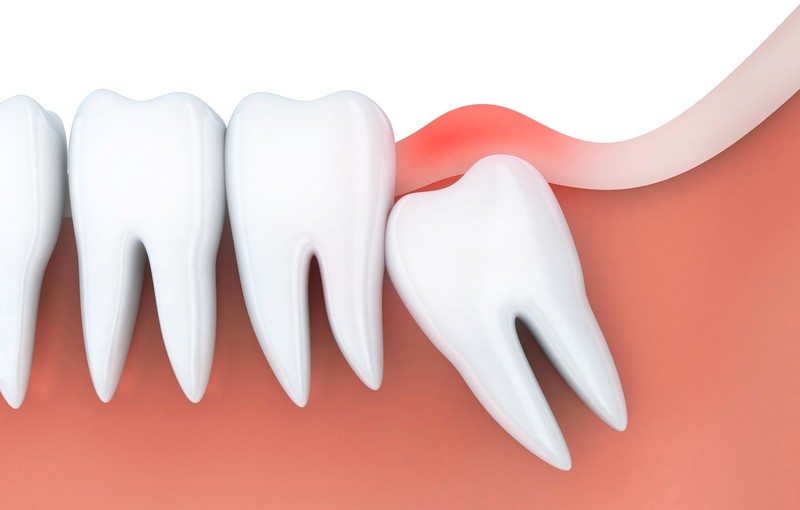Wisdom teeth, also known as third molars, are the last set of molars that typically emerge in late adolescence or early adulthood. While some people have no issues with their wisdom teeth, others may experience complications that necessitate their removal. In this blog, we will explore the common reasons why wisdom teeth removal is often recommended by dentists and oral surgeons.
Impacted Wisdom Teeth
One of the primary reasons for wisdom teeth removal is impaction. When there is insufficient space in the jaw for the wisdom teeth to fully emerge, they can become impacted, meaning they are unable to erupt properly. This can lead to pain, swelling, and even infection. Impacted wisdom teeth may grow at an angle or remain trapped beneath the gum line, potentially causing damage to adjacent teeth and the jawbone.
Crowding and Shifting
The emergence of wisdom teeth can exert pressure on the surrounding teeth, causing them to shift and become misaligned. This can undo the effects of orthodontic treatment, leading to overcrowding and compromising the alignment of the entire dental arch. To maintain the results of previous orthodontic work, removing wisdom teeth becomes necessary in such cases.
Gum Infections and Gum Disease
Partially erupted or impacted wisdom teeth can create pockets between the gum and tooth surface, which become breeding grounds for bacteria. This can result in gum infections, leading to redness, swelling, and pain in the affected area. If left untreated, these infections can progress to gum disease, affecting the overall oral health.
Tooth Decay and Cavities
Wisdom teeth are situated at the back of the mouth, making them difficult to reach and clean properly. As a result, they are more susceptible to tooth decay and cavities. Additionally, their location hinders effective dental care, making regular brushing and flossing challenging. Extracting wisdom teeth can help prevent these dental issues and promote better oral hygiene.
Cysts and Tumors
In some cases, wisdom teeth may develop cysts or tumors, which are fluid-filled sacs or abnormal growths. These cysts can damage the surrounding bone, teeth, and nerves, leading to serious complications. Dentists and oral surgeons often recommend early removal of wisdom teeth to prevent the formation of cysts and tumors and avoid potential damage to the oral structures.
Final Verdict
Wisdom teeth removal is a common dental procedure performed to address various issues, from impaction and crowding to infections and cysts. Consulting with a dentist or oral surgeon is crucial to determine if extraction is necessary for maintaining good oral health in the long run.





